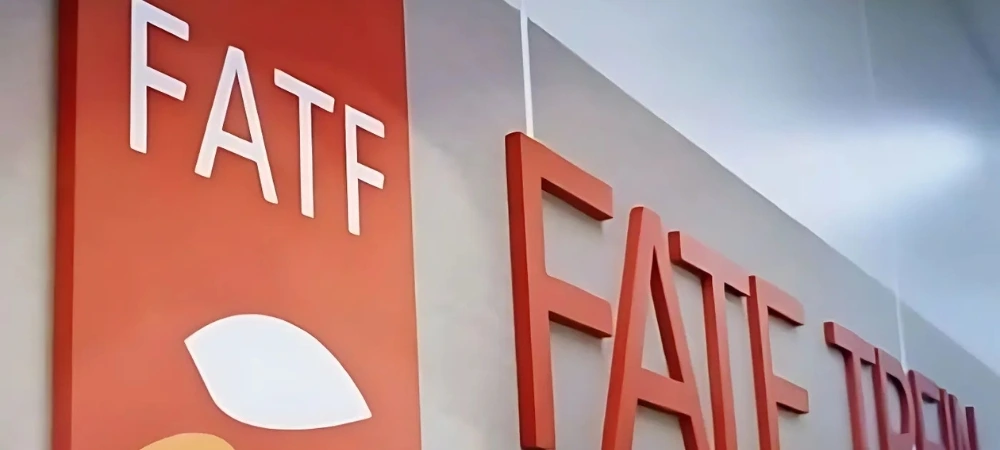The Paris-based Financial Action Task Force (FATF) has urged the Philippines to act swiftly and implement its long-standing action plan. The country must resolve strategic deficiencies in anti-money laundering and counter-terrorist financing (AML/CFT). Only by doing so can it secure removal from the FATF’s grey list of jurisdictions under increased monitoring.
The FATF issued its latest statement during the closing day of its six-day Plenary and Working Group Meetings held in Singapore. At the event, the international watchdog removed Jamaica and Turkey from the grey list. These jurisdictions had demonstrated significant progress in addressing previously identified AML/CFT gaps.
By contrast, the FATF added the Philippines to the grey list in June 2021. Since then, the country has remained under close scrutiny. According to an IMF research paper, countries on the FATF grey list often face capital flow disruptions. These financial challenges can, in turn, create ripple effects across various sectors, including gaming and investment.
In a public update released Friday, the FATF emphasized the urgency of action. It pointed out that the Philippines serves as a key regional jurisdiction for both land-based and online gaming. Therefore, the country must urgently address its remaining deficiencies. Notably, the FATF reminded the public that all agreed deadlines had already expired in January 2023.
The FATF places jurisdictions under increased monitoring only when they commit to addressing strategic deficiencies within set timelines. However, failure to meet those expectations increases both international scrutiny and economic risk. The Philippines, therefore, faces growing pressure to deliver results.
The country must now show that its supervisors actively use AML/CFT controls to manage risks linked to casino junkets. Additionally, the government needs to strengthen border enforcement. It must implement cross-border measures at all major sea and airports to detect false currency declarations. Authorities must also take swift confiscation actions aligned with risk levels.
Furthermore, the FATF expects an increase in terrorism financing prosecutions. The Philippines must align these efforts with its national risk profile and demonstrate results in terms of law enforcement outcomes.
In January 2023, the governor of the Bangko Sentral ng Pilipinas announced that the FATF granted the country a final extension. The Philippines had until January 2024 to fully meet financial standards and exit the grey list. However, when that deadline passed, the Anti-Money Laundering Council (AMLC) issued a statement. It confirmed that government agencies would work together to strengthen the country’s AML/CFT regime. This includes addressing risks connected to casino junkets.
Remaining on the FATF grey list creates a wide range of economic impacts. It also raises red flags for the Philippines’ online gaming industry. Financial institutions may hesitate to transact with Philippine-based operators. Investors could also shy away from the region. Therefore, the Philippines must act decisively and mitigate gaming-related risks to regain international confidence.
As pressure mounts, the next few months will prove critical. Timely reforms could help restore credibility and stabilize sectors vulnerable to illicit financial flows. Exiting the grey list is not only a matter of compliance. It is also essential for protecting long-term national growth and investor trust.












